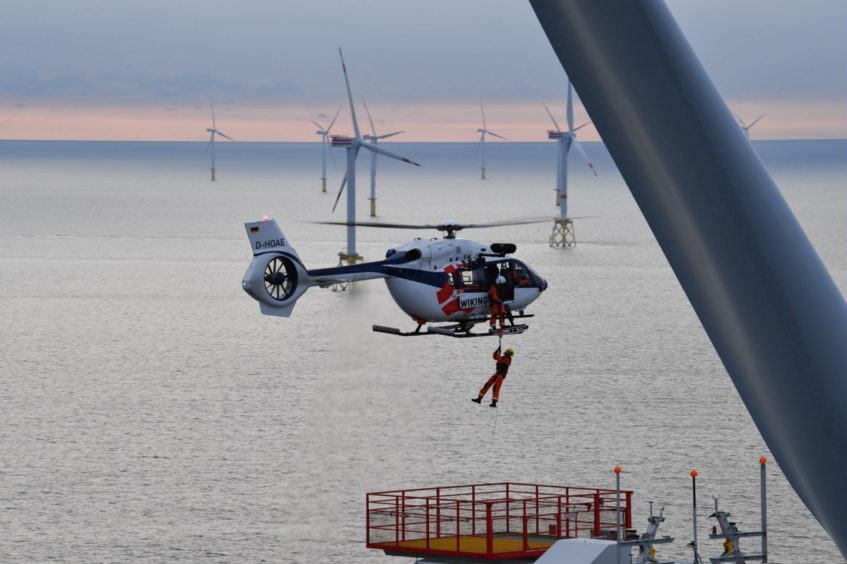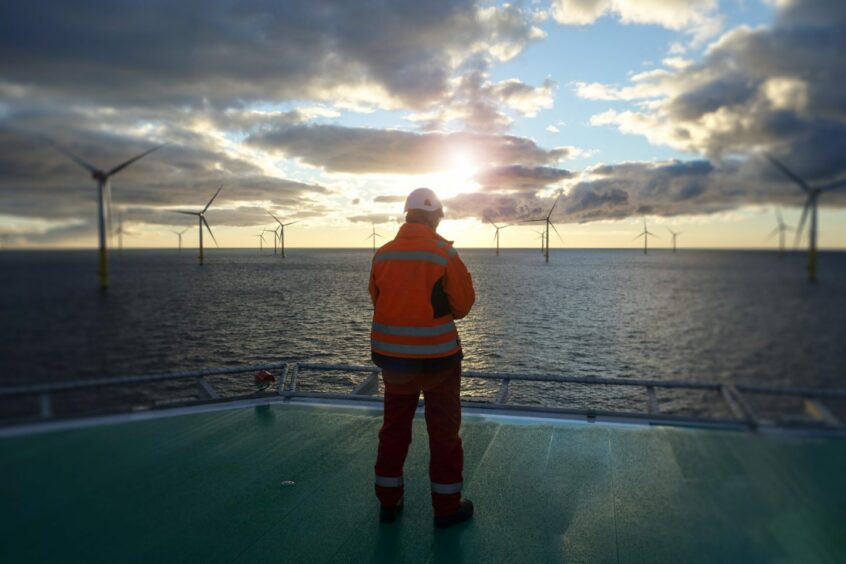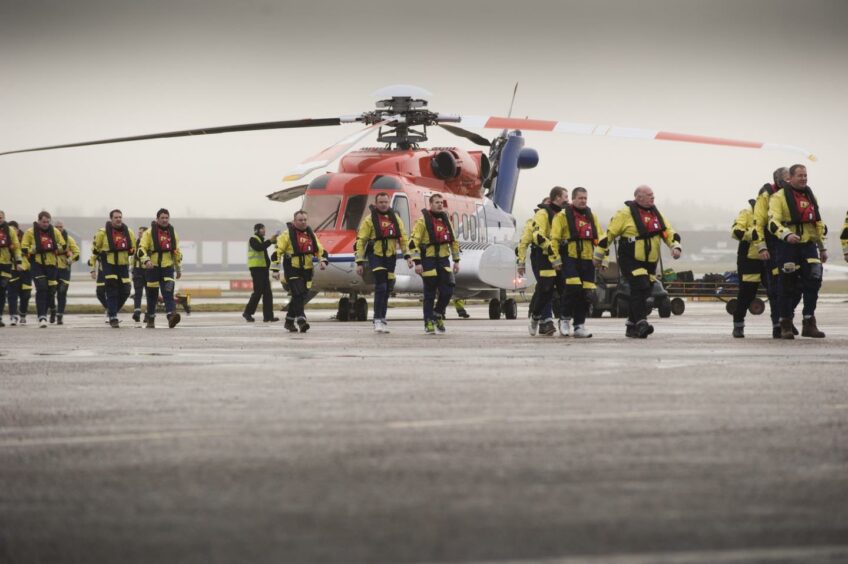
A shortage of skilled workers is already costing the UK dear as various industries try in vain to attract staff.
Various factors, such as Brexit, have shrunk the available resource pool, meaning the UK is now in the odd position of having high employment combined with a cost-of-living crisis.
Given its reliance on workers for across the globe, the North Sea energy industry is one of those struggling to plug gaps.
Issues currently facing employers are well documented, and it is feared the problem could worsen given the tidal wave of work coming over the horizon as the transition progresses.
Life in North Sea oil yet
A current focus on developing new North Sea fields to support the energy security push is likely to incentivise workers to bet on oil and gas for a while longer.
And that could present an obstacle for green energy developers, a top employment lawyer has predicted.
Euan Smith, a partner at Eversheds Sutherland, said: “People might stay within oil and gas for a longer period of time.
“They hear the supportive noises from the UK Government about wanting to take out every last drop of oil and gas and they think, ‘there’s life in this industry yet, let’s keep on going’.
“For some, that might mean staying in the industry for longer than they had originally thought, and that’s a potential challenge to recruiting for renewables.”
While sentiment is difficult for employers to control, steps are being taken to try to make it easier for people to move between oil and gas and green energy.
Skills passport
Previously if an offshore worker wanted to transition from the former to the latter, they would have to fork out cash to “requalify and recertify”.
“That is a barrier that has supported the inertia of people staying within oil and gas,” says Mr Smith.
But long-awaited plans were laid out earlier this year to create a “skills passport” to aid the transition of workers.
Opito, the skills body heading up the initiative, previously said it is aiming to have digital documentations built and ready to go next year.
Research published last year found the UK offshore energy sector could support around 200,000 jobs by 2030.
More than half of those are forecast to be involved in low carbon operations, necessitating a huge transfer of workers.
Mr Smith said: “It will certainly be helpful. Opito is leading the energy alliance, which is cross industry – nuclear, renewables, oil and gas, etc.
“There is a groundswell of support for the idea, and to create a more holistic approach to offshore certification so that people can more easily work between both sectors and go to where the jobs are at any particular time. It’s all about increasing that resource pool.”
Migration Advisory Committee
A skills passport will go some way to helping North Sea companies fill vacancies, but it does not address the lack of workers more generally.
To fix that issue, both in the short and long term, new entrants are required, particularly from overseas.
The UK’s departure from the European Union makes that pursuit trickier, but companies can appeal to the Migration Advisory Committee (MAC) for help.
Energy firms can request that certain roles be placed on the “shortage occupation list”, thereby easing the immigration process for non-UK workers.
Mr Smith said: “If you are on the shortage occupation list, it gives you certain advantages in terms of being able to employ or recruit people from overseas.
“One of the issues is that you used to have a range of people that would come into the UK who would roughly be described as unskilled and skilled – that’s how the government now wants to separate them.”
He added: “There are many offshore jobs that are not thought of as skilled – lower level deckhands, derrickman, roustabouts, riggers. You don’t get skilled worker visas for those roles because they’re not seen as sufficiently skilled.
“The MAC is in the process of inviting representations from businesses as to what occupations are in shortage right now, so if business were to make representations and say, ‘we’ve got real shortage in XYZ’, that would certainly help.”
Recommended for you


 © Supplied by Eversheds Sutherlan
© Supplied by Eversheds Sutherlan © Supplied by RMI
© Supplied by RMI